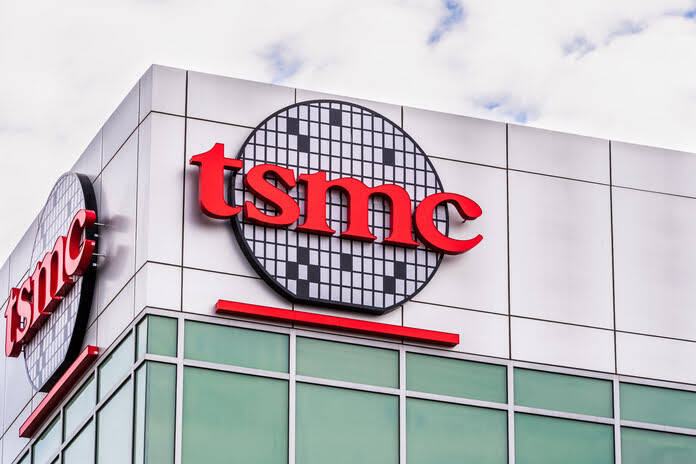The chip sector, as exemplified by the recent performance of Taiwan Semiconductor Manufacturing Co (NYSE:TSM), has encountered a series of challenges that have led to a decline in stock prices and concerns about future demand and recovery.
TSM, the world’s largest contract chipmaker, saw its shares drop over -10% since reaching a 6-month high in June. These declines can be attributed to several key factors affecting the chip industry:
- Weak Demand and Elevated Inventories: The chip sector has been grappling with weakened demand and elevated inventory levels, which have put pressure on chip manufacturers like TSM.
- Soft Global Consumer Electronics Demand: Softness in global consumer electronics demand has impacted chip manufacturers’ performance, as consumer electronics are a significant market for semiconductor chips.
- Rising Global Interest Rates: The recent increase in global interest rates has raised concerns about the macroeconomic environment. Higher interest rates can lead to reduced consumer spending and lower demand for electronic devices.
- AI Hype and Realities: TSMC experienced a surge in its stock price, driven by the hype surrounding artificial intelligence (AI). However, investors have become more cautious about how much AI will contribute to the company’s bottom line, especially without a substantial pickup in smartphone and personal computer sales.
- A slowdown in High-End AI Chip Orders: High-end AI chip orders have slowed down more quickly than expected, contributing to concerns about a slower recovery in the chip sector.
- Capital Spending Cuts: TSMC warned in June that capital spending levels may fall to the lower end of its guidance for the year. While capital spending cuts are often seen as cost management measures, they can also reflect longer-term bearishness about chip demand and the pace of recovery.
- Delayed Deliveries of 3-Nanometer Chips: TSMC’s cutting-edge 3-nanometer chips, which held promise for various applications, faced delays due to weak consumer demand. This has led major suppliers to delay their chip orders, potentially pushing orders into 2025.
Analysts’ Perspective
Despite these challenges, analysts maintain a bullish outlook on TSMC. The company continues to hold a leadership position in chip manufacturing, with a dominant market share. However, the expected recovery in chip demand and inventory adjustment is taking longer than initially anticipated.
Analysts believe that the adjustment period may extend into the first quarter of the next year or even the second quarter due to ongoing soft-end demand. This suggests that while there are near-term challenges, TSMC’s long-term prospects remain positive.
It’s essential to monitor developments in the chip sector, as they can have ripple effects across various industries that rely on semiconductor technology.
Featured Image: Megapixl















